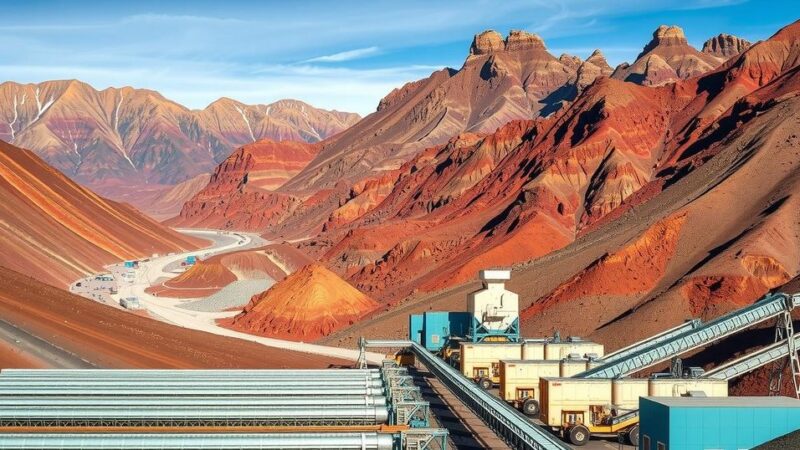The South African Reserve Bank (SARB) is actively addressing the economic risks posed by climate change by integrating climate considerations into its financial policies and practices. Under the leadership of Fundi Tshazibana, the bank not only examines the impact of climate-related risks on inflation and stability but is also transitioning towards greener operations and financial investments. Collaboration with other government sectors is deemed essential for effective policy implementation aimed at sustainability.
Climate change presents significant economic and social challenges, influencing the functioning of financial systems worldwide. In South Africa, the South African Reserve Bank (SARB) plays a crucial role in managing these challenges through various strategic approaches. Primarily, the SARB seeks to ensure that financial institutions integrate climate-related risks into their operations, analyze the implications of climate change on inflation and financial stability, and implement more environmentally sustainable practices within its operations.
Fundi Tshazibana, deputy governor of the SARB and CEO of the Prudential Authority, emphasizes that while the bank’s constitutional mandate does not directly address environmental sustainability, it acknowledges the indirect relationship between economic stability and sustainable practices. A stable macroeconomic climate can foster investments in sustainability, as fluctuations in environmental conditions can impact price stability and inflation, particularly in sectors dependent on natural resources.
While some advocate for a more direct involvement of central banks in climate action, the SARB maintains that its responsibility lies in ensuring overall price and financial stability which encompasses climate risks impacting the economy. Past initiatives include analyzing agricultural production implications related to climate events such as droughts and wildfires, which have historically inflated food prices and insurance claims.
Tshazibana notes the collaborative nature of addressing climate change, suggesting that other government departments need to contribute to the broader economic adjustments necessary for a transition to a greener economy. The complexities of this transition require multilateral efforts involving various institutions to effectively create policies that encompass employment opportunities and community impacts.
The SARB has also engaged in policy impact assessments considering climate change and has undertaken stress tests to evaluate insurance company resilience against climate impacts. Furthermore, it has initiated guidelines to assist financial institutions in integrating climate-related risks into their operations. Recently, the SARB allocated a portion of its foreign exchange reserves to a green bond fund, signaling a commitment to environmentally responsible investments, while acknowledging the growing maturity of South Africa’s environmental, social, and governance market.
In summary, the South African Reserve Bank plays a pivotal role in addressing climate-related economic challenges by integrating risk analyses and fostering sustainability in financial practices. The commitment to green investments and proactive risk assessments demonstrates the bank’s recognition of the intersections between climate and financial stability.
Climate change has emerged as a pressing global concern, primarily affecting economic stability and financial systems. Central banks, serving as custodians of monetary stability, must address climate-related risks that influence operational stability and inflation. In South Africa, the South African Reserve Bank has adopted strategies to incorporate climate considerations into its mandate, reflecting the growing recognition of the interconnectedness of environmental sustainability and economic health. This approach entails a multi-dimensional response, requiring collaboration among various government institutions to tackle the complexities of a transitioning economy that accounts for sustainable practices.
The South African Reserve Bank has undertaken significant steps to address the economic implications of climate change through its strategic initiatives. By emphasizing the importance of integrating climate risk into financial systems and conducting thorough assessments, the SARB highlights the need for an environmentally conscious approach in fiscal policy. As climate-related challenges continue to evolve, the central bank’s commitment to sustainability and proactive risk management remains imperative for ensuring long-term economic stability in South Africa.
Original Source: theconversation.com






